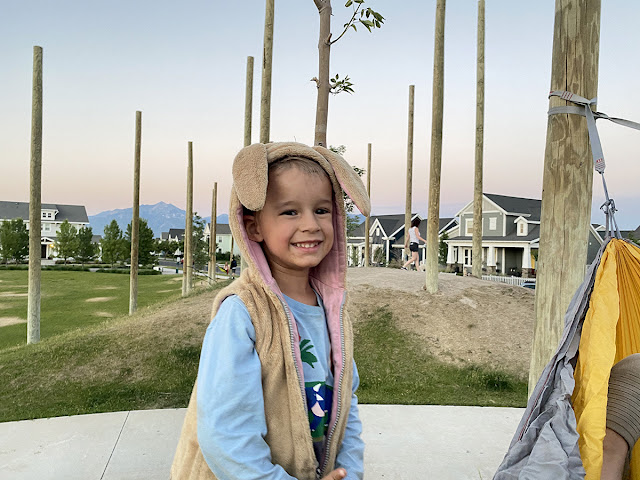Not long after we were married, we built our first home. We had very little money. I did much of the work myself. It would be called “sweat equity” today. The landscaping was entirely my responsibility. The first of many trees that I planted was a thornless honey locust. Envisioning the day when its filtered shade would assist in cooling the house in the summertime, I put it in a place at the corner where the wind from the canyon to the east blew the hardest. I dug a hole, put in the bare root, put soil around it, poured on water, and largely forgot it. It was only a wisp of a tree, perhaps three-quarters of an inch in diameter. It was so supple that I could bend it with ease in any direction. I paid little attention to it as the years passed.Then one winter day, when the tree was barren of leaves, I chanced to look out the window at it. I noticed that it was leaning to the west, misshapen and out of balance. I could scarcely believe it. I went out and braced myself against it as if to push it upright. But the trunk was now nearly a foot in diameter. My strength was as nothing against it. I took from my toolshed a block and tackle. Attaching one end to the tree and another to a well-set post, I pulled the rope. The pulleys moved a little, and the trunk of the tree trembled slightly. But that was all. It seemed to say, “You can’t straighten me. It’s too late. I’ve grown this way because of your neglect, and I will not bend.”…When it was first planted, a piece of string would have held it in place against the forces of the wind. I could have and should have supplied that string with ever so little effort. But I did not, and it bent to the forces that came against it.I have seen a similar thing, many times, in children whose lives I have observed. The parents who brought them into the world seem almost to have abdicated their responsibility. The results have been tragic. A few simple anchors would have given them the strength to withstand the forces that have shaped their lives. Now it appears it is too late.
[Bringing up your children in light and truth] may not be easy. It may be fraught with disappointment and challenge. It will require courage and patience. I remind you of the faith and determination of the thirteen-year-old girl who, holding a paintbrush in her teeth, created the painting I showed you earlier. Love can make the difference—love generously given in childhood and reaching through the awkward years of youth. It will do what money lavished on children will never do.—And patience, with a bridling of the tongue and self-mastery over anger. The writer of Proverbs declared, “A soft answer turneth away wrath”.—And encouragement that is quick to compliment and slow to criticize.These, with prayers, will accomplish wonders. You cannot expect to do it alone. You need heaven’s help in rearing heaven’s child—your child, who is also the child of his or her Heavenly Father.
I've been reminded of this—the fact that my children are not only "mine," but Heavenly Father's—a few times in priesthood blessings, and it always comforts me, since it seems clear that He can pretty easily make up for all the things I lack. And it drives home the point that all that stuff in the story about the tree—how doing small things early on is better than drastic intervention later—is not actually to be done on our own, but with God's help. That definitely makes it all seem more possible!




































